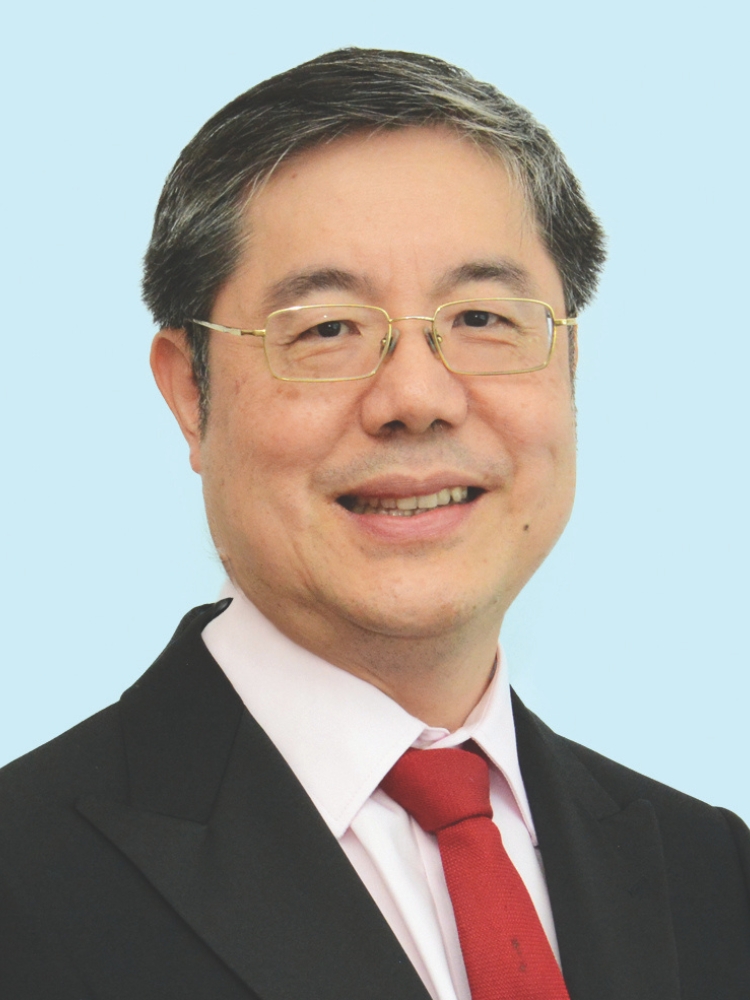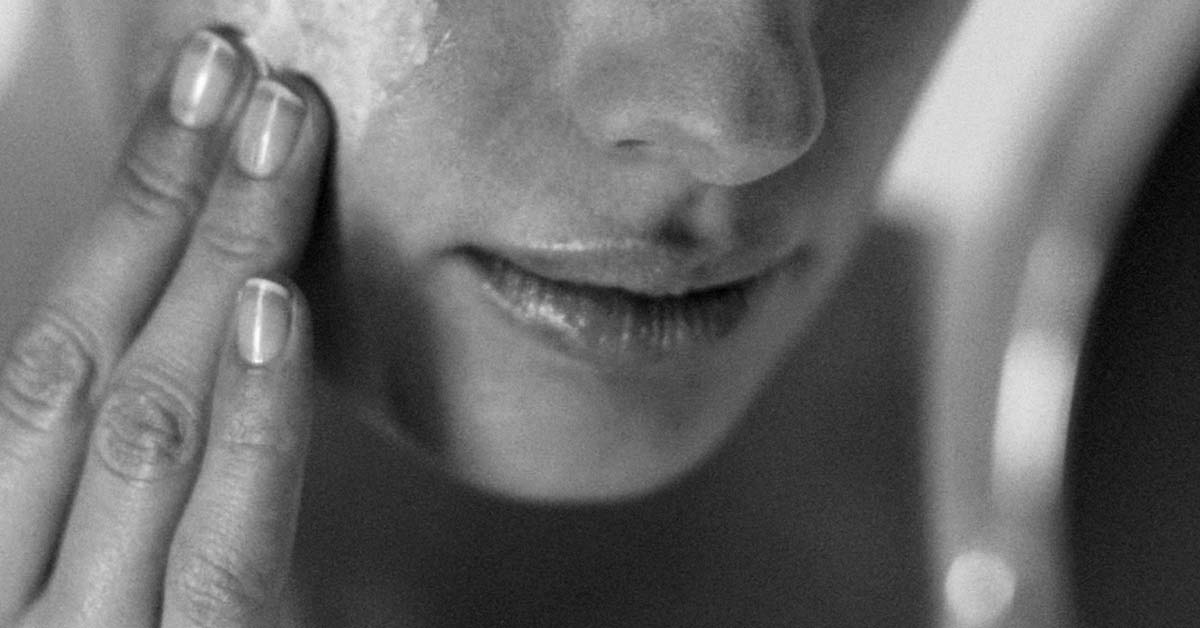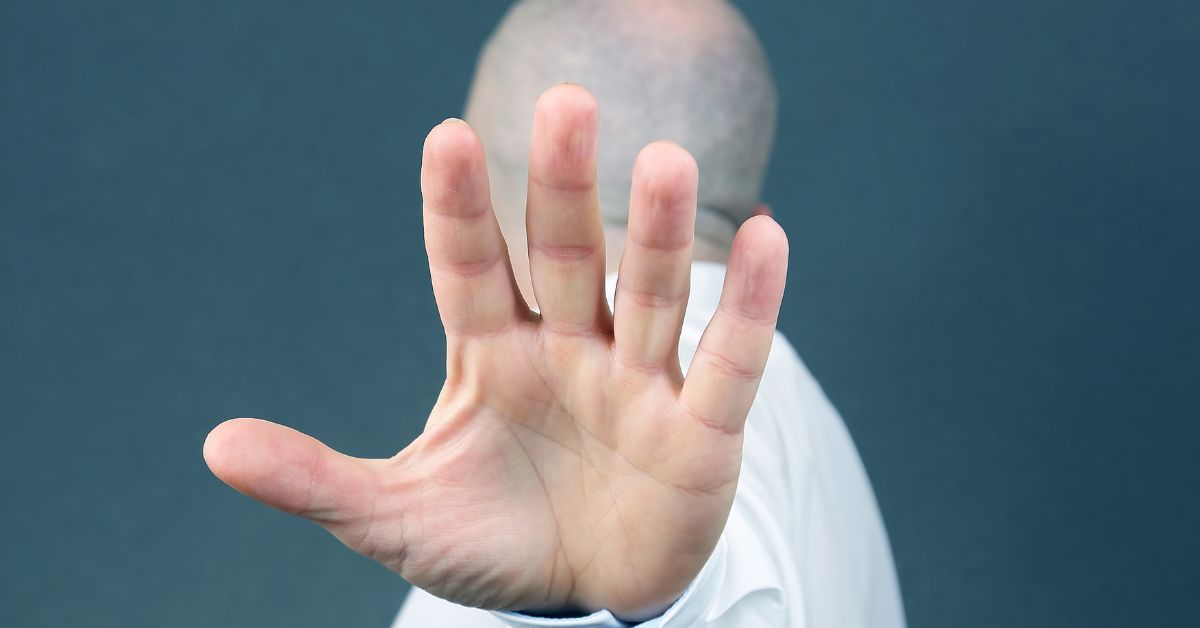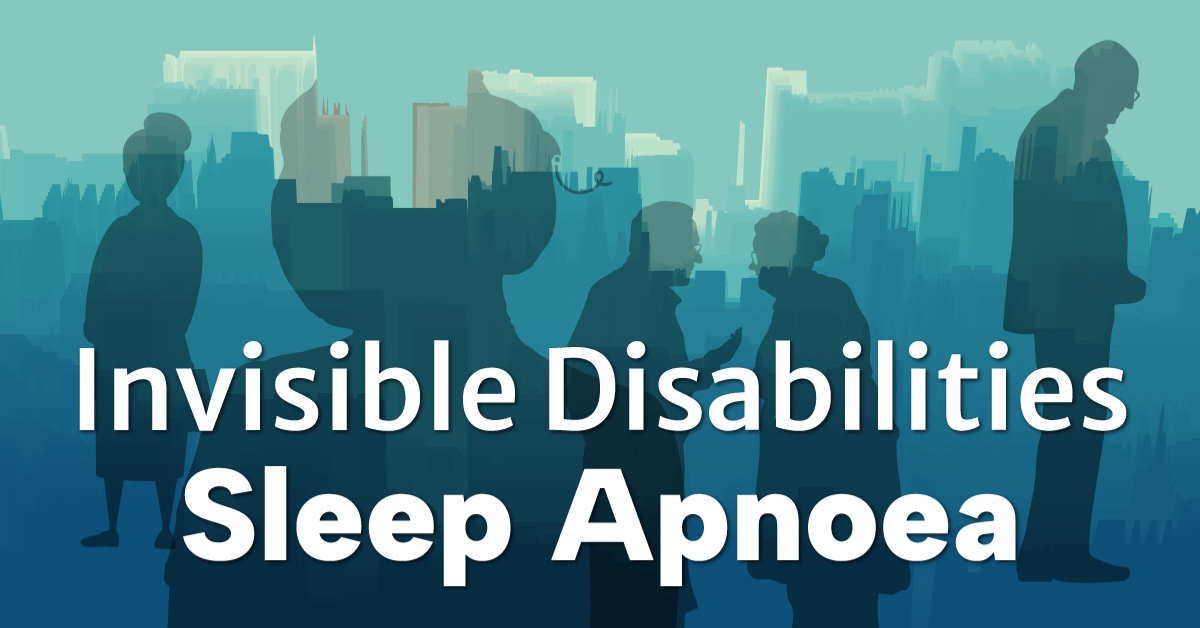
We know how important good sleep is for our health but what happens if you are consistently sleeping badly? Or perhaps your partner constantly snores loudly, which impacts your ability to get sufficient rest every night. One common sleep disorder that is disruptive for both the patient and their bed partner is sleep apnoea.
It’s also a condition that has huge repercussions on overall health if left untreated. And, despite what some might think, there’s more to it than just ‘snoring very loudly’.
Most people snore, but not everyone who snores has sleep apnoea,
says Dr Leow Leong Chai, senior consultant, Department of Respiratory & Critical Care Medicine, Singapore General Hospital (SGH).
Snoring refers to the sound coming from vibrations within the upper airway as air travels between a semi-blocked tube,
he adds.
"Obstructive sleep apnoea (OSA) is when the upper airway narrows and the obstruction is severe enough to reduce oxygen levels in our body or cause repeated disruptions to our sleep quality."
These ‘obstructions’ cause a patient’s breathing to stop and restart several times in a night and present as snores and gasps. It could also sound like they’re choking.
There are two types of sleep apnoea – obstructive and central. The latter is when your brain doesn’t send signals to your body to keep breathing and is usually caused by other health conditions. Central sleep apnoea is rare.
Dr Leow reveals local research shows that OSA affects about 20 to 30% of adults living in Singapore and says this is “one of the highest incidences in the world”. Also, it is more likely to affect men compared to women with a 3:1 ratio, and the highest incidence is in those aged 40 to 60 years.
Middle-aged men have the highest risk of sleep apnoea,
says Dr Leow, who is also director of SGH Sleep Centre.
"Obesity increases the risk of OSA, but about half of the OSA patients in SGH are not obese, which means you don't have to be obese to suffer from OSA."
There is a slight increase in OSA with age – likely due to a combination of weight gain that tends to occur in middle age, and also due to laxity of upper airway muscles as we get older,
he adds.
Advertisement
Sleep apnoea's impact on overall health
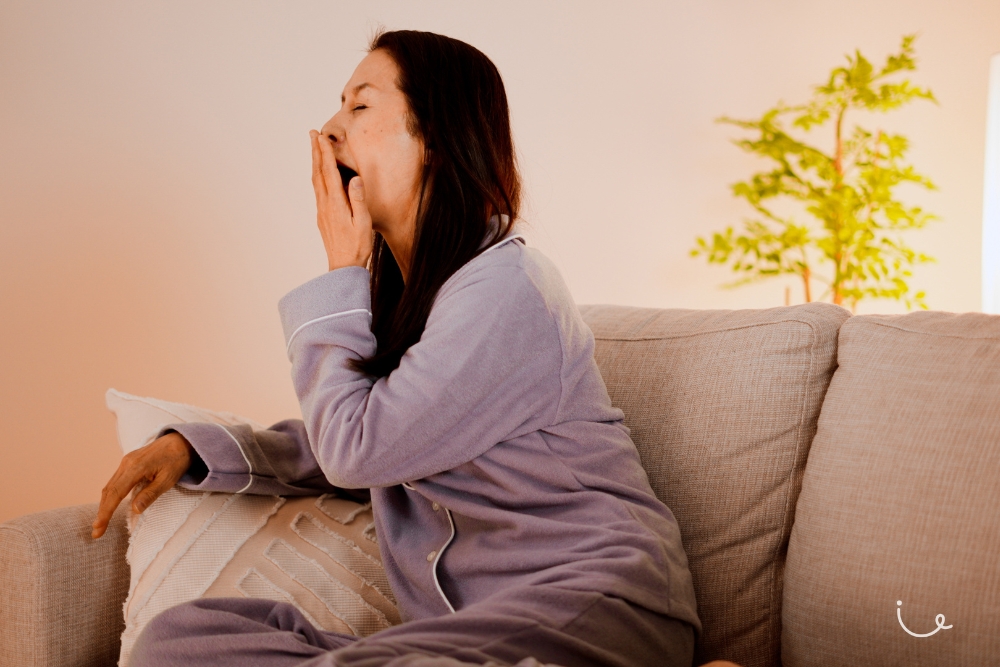
Some effects include low energy, tiredness, falling asleep at work or in school. They could also be prone to accidents and it is particularly dangerous if they're driving.
Dr Stephen Lee, specialist in otorhinolaryngology and senior consultant, Raffles ENT Centre, explains how sleep apnoea impacts someone’s day-to-day life:
In the long term, they also have a higher risk of cardiovascular and neurological illnesses affecting their quality and duration of life,
he adds.
Dr Leow points out that untreated OSA is associated with increased risks of high blood pressure and, over time, can also increase the risk of cardiac disease, stroke or heart failure.
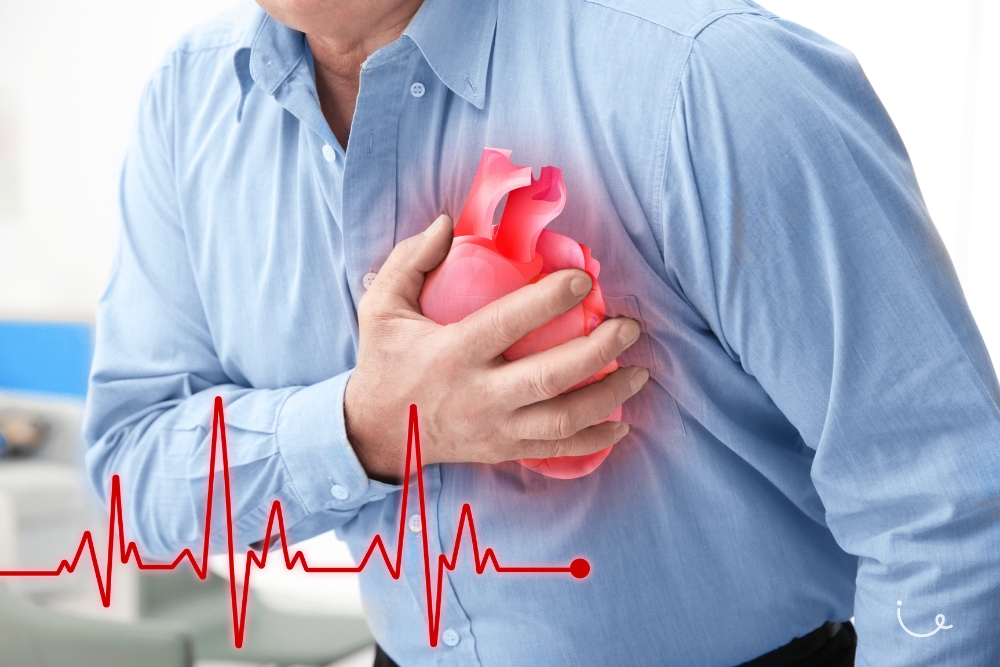
This invisible disability can also increase a sufferer’s risk of other medical conditions. Statistics show that almost 70% of people who have had a stroke have untreated sleep apnoea and more than 35% of sleep apnoea sufferers also have hypertension. A person with untreated sleep apnoea is also seven times more likely to have a motor accident and have the risk of heart attacks doubled or tripled.
OSA can also worsen memory and concentration – which may affect patients with dementia more severely – cause depressed mood and even increase frequency of urination at night,
Dr Leow says.
Dr Lee reveals that sleep apnoea is diagnosed on suspicion of symptoms such as heavy snoring, tiredness on waking, day sleepiness, dozing off easily and having dry mouth in the morning. The diagnosis is then confirmed with an overnight sleep test.
Sleep tests can be done at home with portable sleep testing devices, or there are hospital-based tests, known as inpatient polysomnography (sleep study), says Dr Leow. A sleep study monitors the different stages of sleep, oxygen levels, heart rhythm and breathing effort – it can also determine how severe your sleep apnoea is.
Treating sleep apnoea
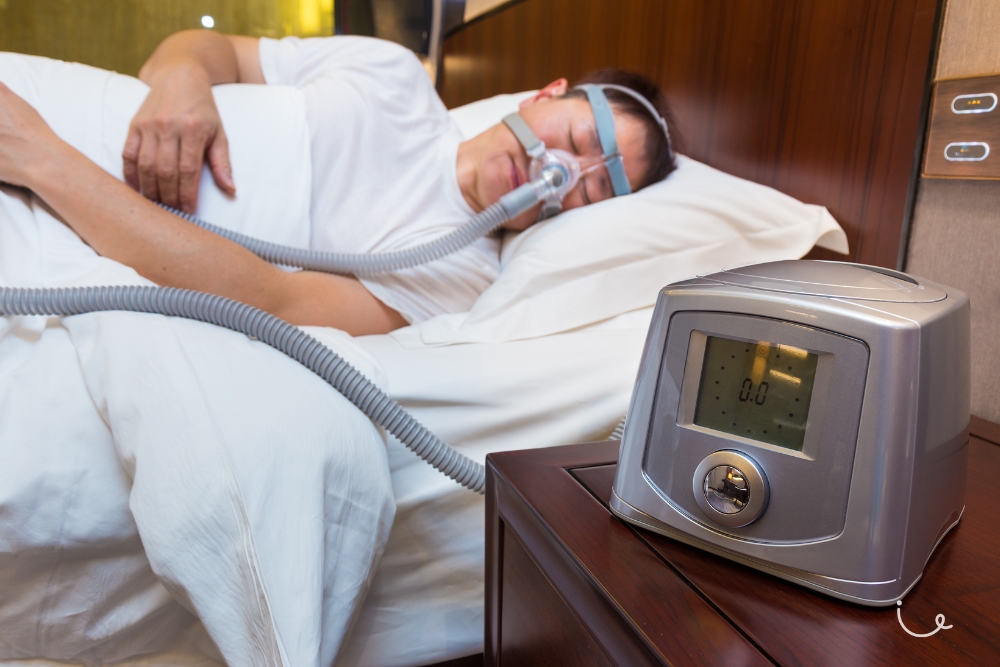
He adds that, for most patients with OSA, the best treatment is using a continuous positive airway pressure (CPAP) machine. This involves wearing a nasal mask connected to an air pump during sleep.
The machine delivers pressurised air to the user’s nose and back of the throat, to keep the airways open during sleep. Long-term CPAP machine use is essential for best results.
Alternatives to CPAP machines include oral appliances, surgery or even implants that help to activate our upper airway muscles during sleep,
says Dr Leow.
Treatment options could include losing weight, says Dr Lee, and, in selected cases, surgeries on the nose, throat and neck.
Jason (not his real name),79, did a home sleep test overnight and was diagnosed with sleep apnoea two years ago. He bought a CPAP machine but stopped using it after a short period of time every night at first. However, after a few weeks of adjusting to wearing the mask and being comfortable with the tube from the machine, he now uses a CPAP machine when he goes to sleep.
He admits that it took him a while to get used to it and “I still am not 100% over the learning curve”. Even though he doesn’t feel much different, both his spouse and the machine’s readings reveal that he is not snoring as much or as loudly now.
It does take time to adjust to using a CPAP machine and at least four weeks of continuous use is recommended to get used to it. CPAP machines are easily available in Singapore, with a doctor’s prescription. Dr Leow says they cost between $1,700 and $2,200 and are, unfortunately, not eligible for any subsidies.
Dr Lee explains that the cost of a CPAP machine can vary as “it depends on the brand of the CPAP device and whether you are buying from a reputable vendor”.
If purchased online, it can be as low as $1,200 but there will be add-on for support and maintenance that can be hefty,
he says.
"For non-China brands from reputable vendors, it can cost between $1,600 and $2,200."
Frequent travellers can also opt for compact CPAP machines that are light and designed for travel. You should carry a copy of your doctor’s prescription as you might be asked for it when clearing customs.
Feeling constantly tired can take a toll on someone so if you notice a loved one nodding off often and is regularly tired and irritable, speak to them about possible sleep issues as it will benefit their overall health and wellbeing.
This article is part of a series on invisible disabilities, an umbrella term that refers to types of disabilities, chronic conditions or medical/neurological conditions that are not immediately apparent to others. We seek to understand more about these invisible disabilities and how we, as loved ones or as general members of society, can better support others going through it.


